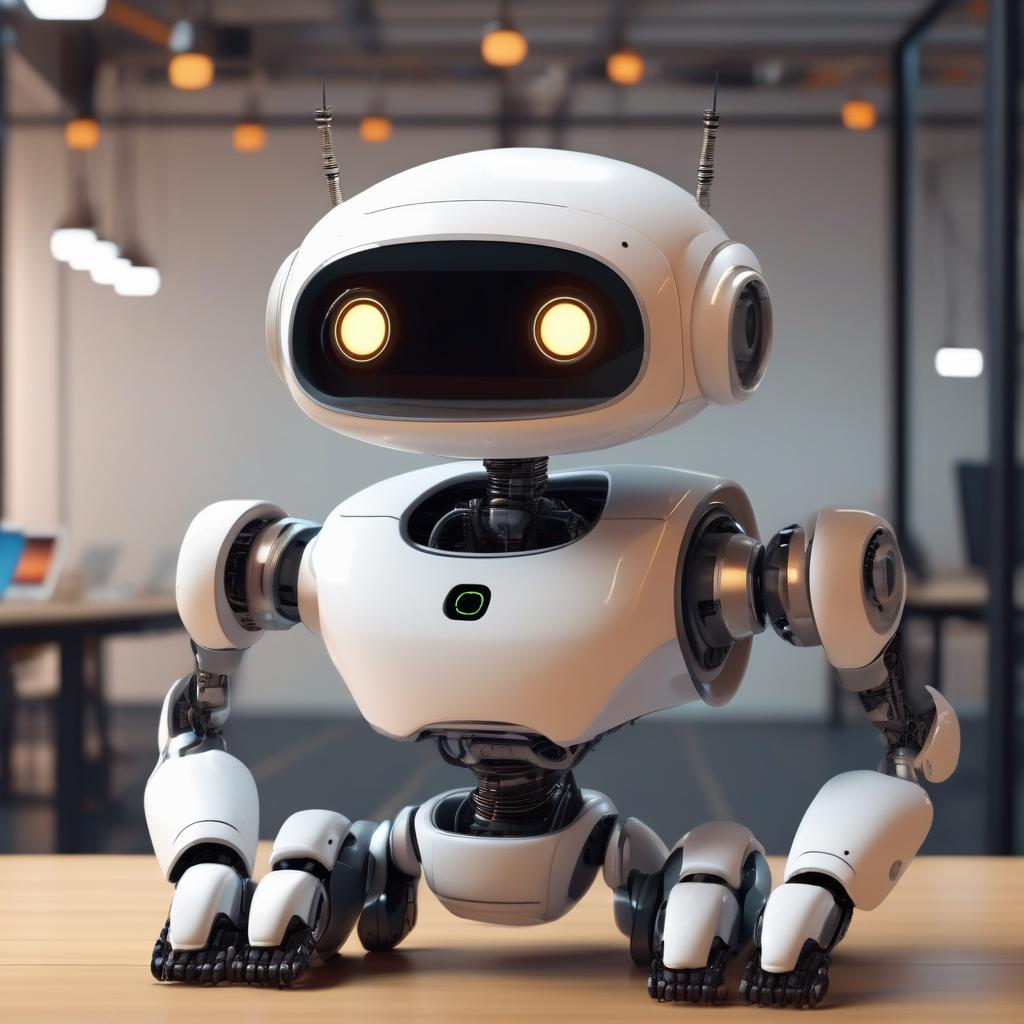Top AI Chatbots: A 2024 Face-Off

AI chatbots have become ubiquitous, revolutionizing the way businesses interact with customers. In 2023, the race among top AI chatbots has intensified, showcasing remarkable advancements in technology and user experience. This article dives into the current landscape, comparing the crème de la crème of AI chatbots, dissecting their capabilities, and determining which ones are leading the charge in transforming customer interactions.
2024’s Leading AI Chatbots
The year 2024 has seen AI chatbots evolve from mere customer service facilitators to integral components of business strategy, enhancing customer engagement, and driving sales. Giants like GPT-4 by OpenAI and Google’s Bard have been joined by emerging contenders such as Baidu’s ERNIE Bot, each bringing unique strengths to the table. GPT-4 impresses with its nuanced understanding of human language and context, while Bard excels in delivering information-driven responses powered by Google’s colossal data repositories.
Another notable mention is AI Chatbot Support, which continues to excel in enterprise environments for customer support by offering highly customizable interactions tailored to specific industry needs. Meanwhile, smaller startups like Rasa are making waves by providing open-source platforms that allow companies to build their own bespoke chatbots, thus democratizing the AI technology landscape. These platforms are not only facilitating smoother interactions but are also ensuring that AI chatbots can be integrated into a wide array of business processes, making them more versatile than ever.
The diversity in the AI chatbot ecosystem is a testament to the technology’s maturity and its wide-ranging applications. From handling simple queries with rapid efficiency to engaging in complex, context-driven conversations, these AI chatbots are setting new benchmarks in digital communication, thereby reshaping the way businesses operate across various sectors.

Performance Showdown: Who Reigns Supreme?
In assessing the performance of 2023’s leading AI chatbots, several key factors come into play, including conversational abilities, integration ease, learning capabilities, and user satisfaction. GPT-4 leads in terms of linguistic finesse and adaptability, making it a favorite in sectors where conversational quality is paramount. Its ability to generate human-like text has been instrumental in providing a seamless customer service experience, thus enhancing user engagement and satisfaction.
On the other hand, Google’s Bard leverages its deep integration with Google’s search services to provide answers that are not only prompt but also incredibly informative, making it ideal for users seeking quick access to a vast array of information. Its performance in handling factual queries and executing search tasks efficiently positions Bard as a formidable player in the informational chatbot space.
Lastly, the performance of AI chatbots like IBM Watson Assistant in enterprise settings cannot be overlooked. Known for its robust data security and ability to integrate with existing IT infrastructures, Watson Assistant offers a reliable option for industries such as healthcare and finance, where data sensitivity is a priority. Its performance in these high-stakes environments showcases the critical role AI chatbots can play in not just enhancing customer interaction but also in ensuring operational integrity and compliance with industry standards.
As we wrap up this exploration of 2024’s top AI chatbots, it’s clear that the landscape is both diverse and dynamic. Each chatbot has carved out a niche for itself, excelling in different aspects of performance and application. Whether it’s the linguistic prowess of GPT-4, the informational command of Google’s Bard, the enterprise customer service software, AI Chatbot Support or the adaptability of IBM Watson Assistant, these AI chatbots are not just tools but partners in driving business innovation and customer satisfaction. As technology continues to advance, the potential for AI chatbots seems boundless, promising even more sophisticated interactions and deeper integrations into our daily lives and business operations.




